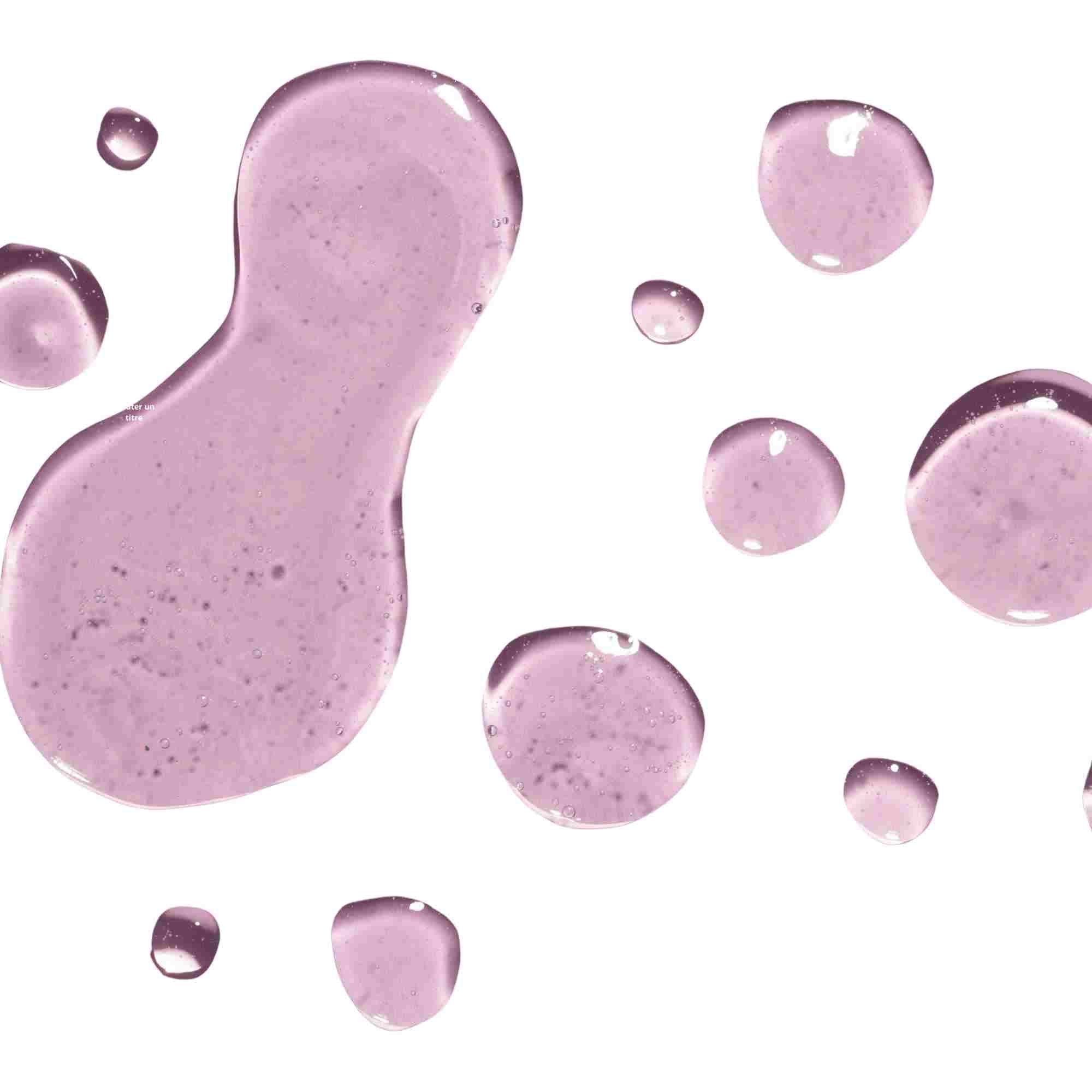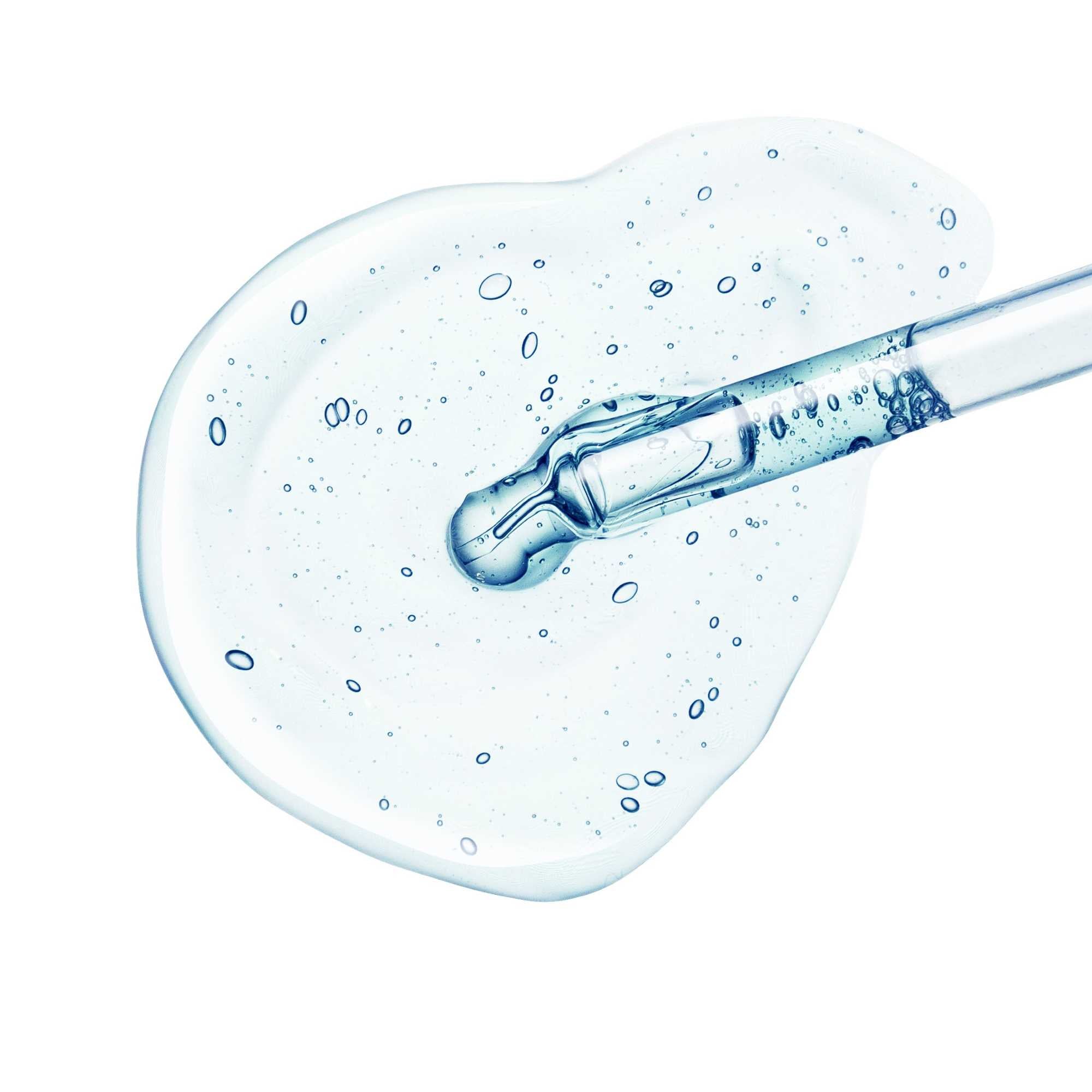Definition of Niacinamide
Niacinamide, also known under the name of nicotinamide, is a form of vitamin B3 (niacin). It is water-soluble and plays a crucial role in skin health. Used in cosmetics for its multiple benefits, niacinamide is known for improve the appearance and texture of the skin.
Actions and benefits of niacinamide
Property of niacinamide: improvement of the skin barrier
Niacinamide helps reinforcing the skin barrier by increasing the production of ceramides, essential lipids which retain hydration and protect the skin against external agressions.
Property of niacinamide: hydration and reduction of water loss
By helping the skin to synthesize lipids and proteins, niacinamide improves skin hydration and reduces subcutaneous water loss, thus contributing in a softer and more supple skin.
Property of niacinamide: reduction of inflammations and redness
Niacinamide had anti-inflammatory which help soothing the skin and reducing redness, irritations and imperfections, which is particularly beneficial for sensitive skins and skins prone to acne.
Property of niacinamide: regulation of sebum production
By regulating sebum production, niacinamide helps preventing skin breakouts and reducing the shine of a greasy skin, thus contributing in a more balanced and mat skin.
Property of niacinamide: antioxidant properties
Niacinamide is a powerful antioxidant whoch protects the skin against damages caused by free radicals and environmental factors like UV rays and pollution. It helps preventing early skin-aging.
Property of niacinamide: brightening of the complexion and reduction of pigmentary spots
By inhibiting melanin transfer, niacinamide helps standardizing complexion and reducing the appearance of pigmentary spots, acne scars and signs of age.
Property of niacinamide: reduction of wrinkles and fine lines
Niacinamide can help reducing the appearance of wrinkles and fine lines by increasing the production of collagen and dermal proteins. It stimulates keratin synthesis, filaggrin and involucrin, thus improving the cellular structure of the skin and its capacity to retain water.
Clinical and scientific studies on niacinamide
Numerous studies have demonstrated the benefits of niacinamide for the skin. A study published in the "Journal of Clinical and Aesthetic Dermatology" revealed that topical application of niacinamide significantly enhances skin hydration, and helps reducin redness, pigmentary spots and fine lines.
Sourcing of niacinamide
Niacinamide is synthetized from niacin, that we find in its natural state in foods like cereals, leguminosae, nuts, meats and fish. In cosmetics, niacinamide is produced in a synthetic way to guarantee a maximal purity and efficiency.
Anecdotes on niacinamide
Historically speaking, niacin was used to treat diseases like pellagra, a vitamin B3 deficiency. Today, niacinamide is largely used in skincare products thanks to its multiple benefits, making it an multipurpose ingredient and essential in numerous care routines.
Niacinamide in our products
We integrate niacinamide in out Repair Intensive Cream for its moisturizing, soothing and brightening properties. It is ideal for all types of skins, even the most sensitive ones, and helps to improve the texture, the elasticity and the radiance of the skin, while reducing imperfection and signs of age.
Sources :
- Levin J, et al. How Much Do We Really Know About Our Favorite Cosmeceutical Ingredients? Journal of Clinical and Aesthetic Dermatology (2010).
- Gehring W. Nicotinic acid/niacinamide and the skin. Journal of Cosmetic Dermatology (2004).



